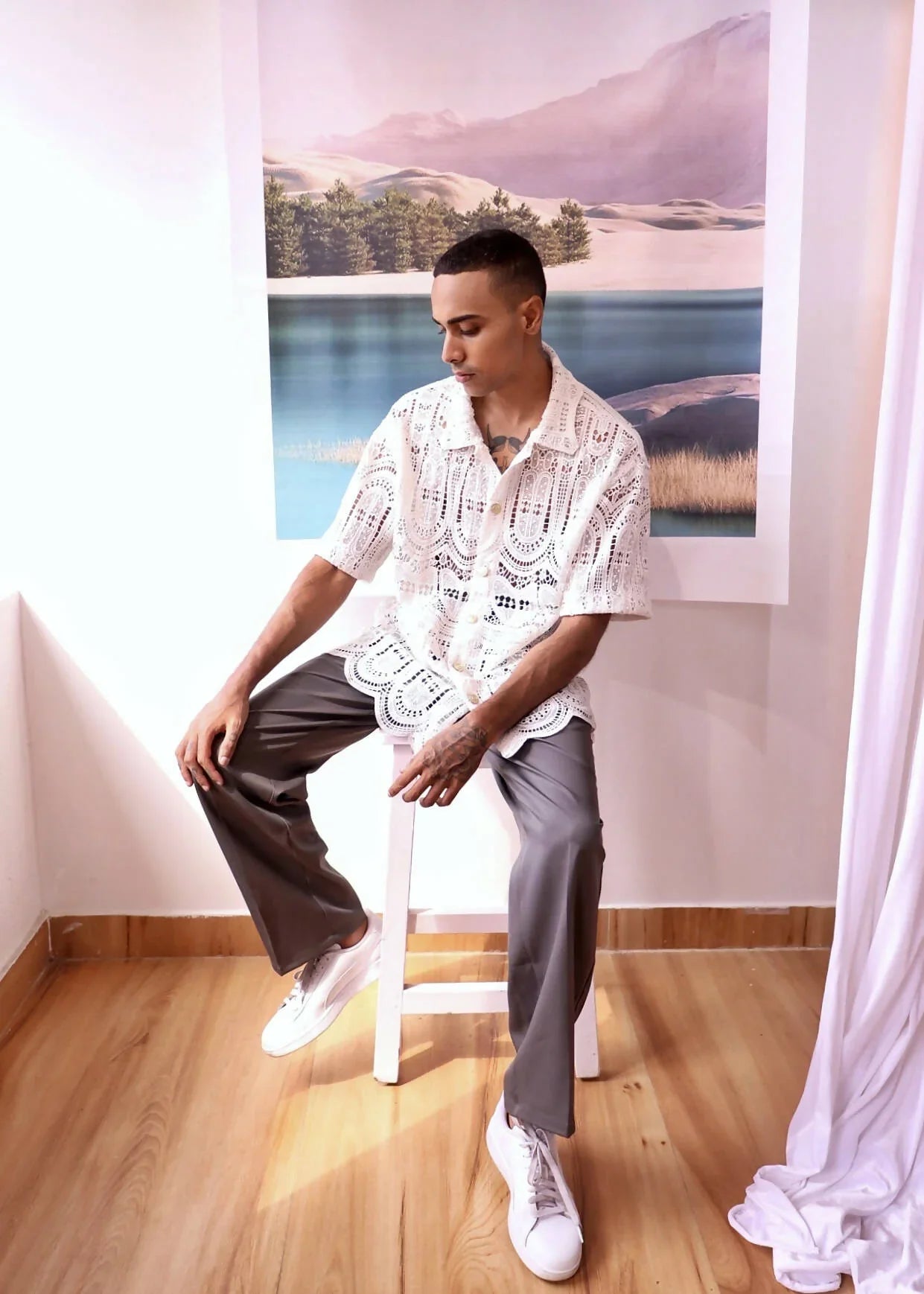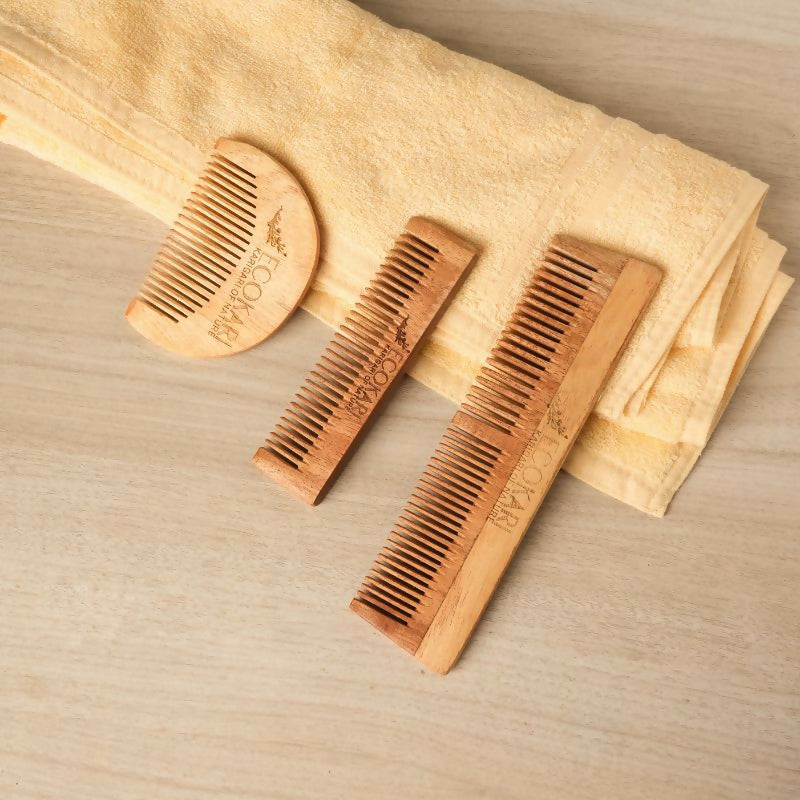Simone Cipriani: Ethical Fashion Initiative

What if fashion wasn’t just about style and trends, but more about artisans and their wages? That’s exactly what Simone Cipriani from Italy set out to prove. Back in 2009, he launched the Ethical Fashion Initiative (EFI), as part of the United Nations through the International Trade Centre (a joint agency of the UN and World Trade Organization). His mission went on to connect the dots between the fashion world and artisans from some of the most marginalized communities in the world. Fashion was never supposed to be about harm, but somewhere along the line, it started costing lives and entire ecosystems.
Through EFI, he’s helped bring visibility and global opportunities to artisans in places like Kenya, Burkina Faso, and Afghanistan. And we’re talking about partnerships and collaborations with fashion houses like Vivienne Westwood, grounded in real craftsmanship, fair wages, and long-term impact. The initiative works closely with local cooperatives, many of which are women-led, to strengthen both social and economic impact. It also advises brands on ethical sourcing, transparency, and sustainable practices across their supply chains.
Bringing Transparency Where Fast Fashion Hides It
Fast fashion hides its makers. It hides the working conditions. It hides the truth behind the price tag.
But EFI’s "Meet the Makers" initiative does the opposite, it proudly names, celebrates, and documents the people behind the product. It reminds you that someone’s hands made that bag and sewed that jacket. And they deserve to be seen. At the Sustainable Fashion Expo 2025, EFI brought together powerful social enterprises like CABES from Burkina Faso, Tujikuze from Kenya, and Studio 4 from Côte d’Ivoire.

(Image credit: The Ethical Fashion Initiative)
Artisan Fashion is the first social enterprise that was built with support from Cipriani’s Ethical Fashion Initiative in Sub-Saharan Africa. It was created to give skilled artisans a way to work with big global fashion brands while following ethical and low-impact practices. Together, Artisan Fashion and EFI have built a clean, international supply system that connects artisan communities from the global South with luxury clients around the world.
They focus on handmade products like jewellery, accessories, and clothing too. Some of the well-known brands they work with include Vivienne Westwood, Stella McCartney, and United Arrows. This platform gives artisans real work opportunities and a chance to be part of high-end fashion without being exploited.
They follow a system that is built on fairness. People are paid a living wage, and collections are designed to match the pace and skill of artisan production. This is completely different from how fast fashion works. Fast fashion hides its supply chains, offers no uniqueness, and does not work with real artisans. Instead, it relies on factory workers who are often underpaid and pushed to meet high production targets. That is why this kind of ethical system is important. It creates space for true craftsmanship and connects talented artisans to larger platforms where their work is respected and valued.
Simone advocates against fast fashion, a business model built on exploitation that thrives on cheap labour and waste. It maximizes profits by minimizing people and planet, whereas the industry should put people and planet first. And that’s exactly what they are trying to dismantle, by offering an alternative.
He supports preloved fashion, reuse, repair, and recycling. He talks about keeping products in a circular loop, and using what already exists instead of extracting more. He centres biodiversity, human rights, and resource equity in the sustainability conversation, things that fast fashion giants love to skip.
Simone Cipriani’s fundamental approach to conscious buying begins with asking the right questions. Before purchasing from any brand, he encourages consumers to ask where the product was made, how it was made, and who made it.
Understanding the story behind a product and the people involved in creating it brings accountability to every purchase. For Simone, awareness and education are powerful tools for change. When consumers are informed, they can change and make their choices towards ethical and transparent businesses. He believes in supporting circular business models that prioritise reuse longevity with the long-term goal of building a system where fast fashion fades into irrelevance.





Leave a comment